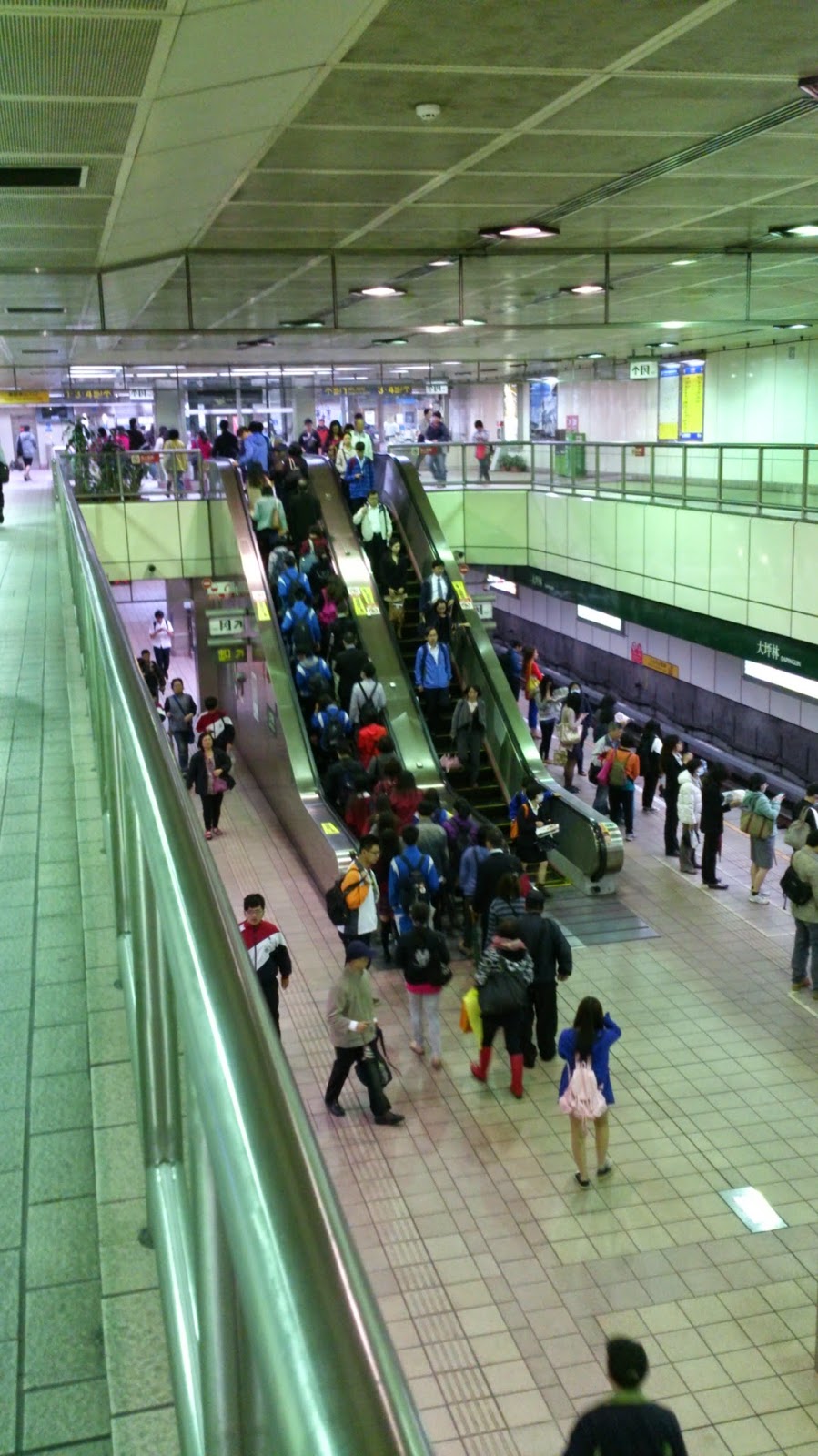wbez : "Barbara Radner is director of DePaul University’s Center for Urban Education. She believes the reduced fare system comes with its own set of challenges. She – and a lot of school staff, parents and kids WBEZ talked to – said what kids have to go through just to get a reduced pass is way too convoluted."
Compare with Taiwan, where kids and elderly have reduced fares, but everyone uses the same card and the fares are sorted electronically. Kids go to school on public transit in great numbers.


